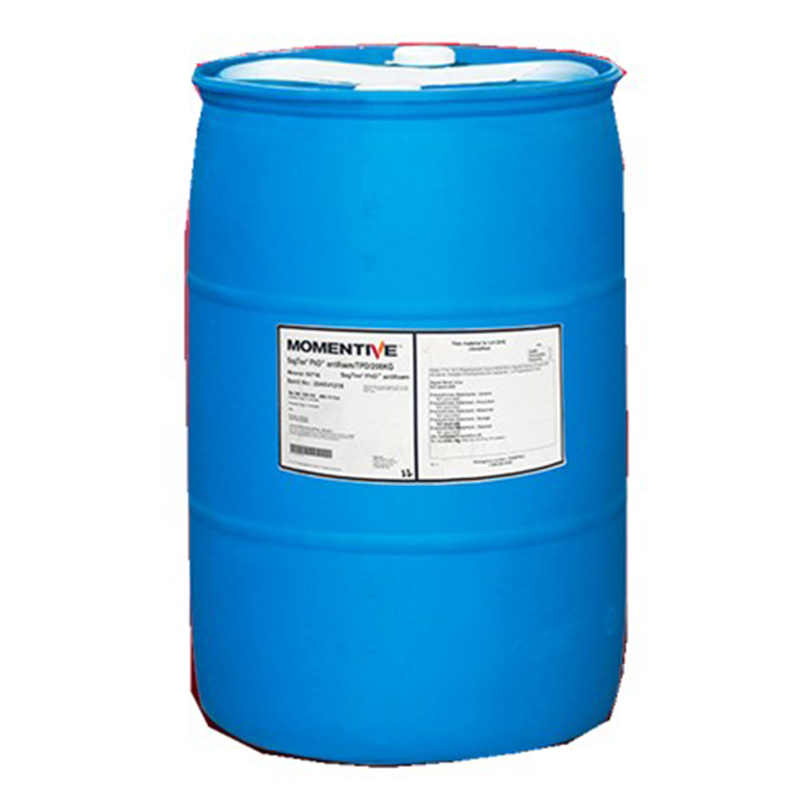Is Antifoaming Agent Harmful?
Antifoaming agents are widely used in industries such as food processing, pharmaceuticals, wastewater treatment, and chemical manufacturing to control unwanted foam. Because they come into direct contact with liquids and sometimes food or medicine, one common concern is whether antifoaming agents are harmful. The short answer: when properly selected and used within regulatory guidelines, antifoaming agents are safe and not harmful. However, safety depends on the type of formulation, the application, and compliance with international standards.
Table of Contents
Safety of Antifoaming Agents
Food-Grade Formulations
Some antifoams are designed specifically for food and beverage industries. For example, Dowsil afe-1520 is a food-grade, self-emulsifying antifoam that complies with strict safety regulations. These products are certified for use in processes such as brewing, dairy, and edible oil refining.Pharmaceutical Applications
In pharmaceuticals, antifoams must meet pharmacopeia standards. They are used in fermentation, vaccine production, and other controlled processes, ensuring that no harmful residues remain in the final product.industrial-Grade Formulations
Antifoams like Momentive sagtex™ phd, used in pulp and paper or wastewater treatment, are not intended for consumption but are safe for industrial operations. They are formulated to minimize environmental impact when used as recommended.
Regulatory Oversight
FDA (Food and Drug Administration, USA): Approves certain antifoaming agents for food and pharmaceutical use.
EFSA (European Food Safety Authority): Regulates additives in the European Union to ensure consumer safety.
NSF International: Provides certification for products used in food and water industries.
These regulations ensure that antifoams used in sensitive sectors are safe and non-toxic at approved levels.
Potential Risks if Misused
Non-Food-Grade in Food Applications: Using industrial antifoam in food or pharma applications can be unsafe.
Excessive Dosage: Overuse may affect product taste, clarity, or performance.
Environmental Impact: Some non-biodegradable formulations may persist in the environment if not managed properly.
How to Ensure Safe Use
Select food-grade or pharmaceutical-grade antifoam when required.
Verify compliance with FDA, EFSA, or local safety standards.
Work with a trusted supplier who can provide safety documentation (MSDS, certifications).
Follow recommended dosage levels to avoid residue or performance issues.
Conclusion
Antifoaming agents are not harmful when used correctly and within approved guidelines. Food-grade products like Dowsil AFE-1520 are formulated for safe use in consumable applications, while industrial-grade products such as Momentive SagTex™ PHD are engineered for heavy-duty processes without compromising operator safety. By choosing the right formulation and supplier, companies can achieve effective foam control while ensuring safety for people and the environment.

Previous: What Is Heat Transfer Fluid Used For?
Next: How Does Antifoam Work?




